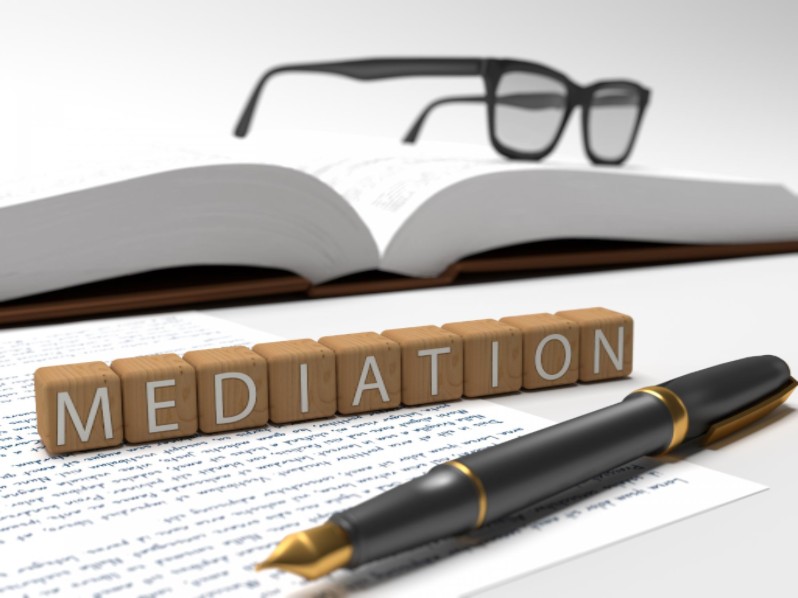
“Mediation” is a critical component of the American legal system. In the paragraphs below, we will examine this important process and explain how the procedure can be beneficial to those who employ such proceedings, particularly in personal injury cases.
What is Mediation?
Mediation is a branch of law known as Alternative Dispute Resolution (ADR) that offers individuals or entities in conflict the opportunity to negotiate an agreement in a controlled setting outside of a courtroom that is overseen by a third party.
How Does Mediation Work?
Two or more opposing entities who cannot iron out their differences appeal to a professional mediator who, in most cases, is someone well-versed in the laws governing the issue in question. Once a mediator is confirmed, he or she moves the proceedings forward by encouraging members of the opposing factions to share information to establish the pertinent facts of the case.
When the facts are established and accepted, the mediator then initiates the negotiation process. Unlike other ADR processes such as arbitration (where the arbitrator decides the outcome), the mediator plays no role in the end game. His or her role is simply to foster an amenable negotiating environment, interpret complex legal issues that may arise, keep the process moving at a quick and smooth pace, and encourage both parties to reach a fair understanding and agreement.
When Does Mediation Usually Occur?
Typically, mediation is entered into voluntarily and the concerned entities (the disputing parties and the mediator) determine key aspects of the process including how the proceedings are to be financed, the legal event’s date(s) and time(s), the venue in which the matter will transpire, the exact participants, and the specific responsibilities of the mediator.
What Happens When Mediation is Completed?
Should the parties in question reach an agreement, the terms are typically accepted from a legal standpoint. If the opposing factions don’t establish an understanding, other legal proceedings may need to be pursued.
Why is Mediation Particularly Valuable in Personal Injury Cases?
Mediation can be valuable to many types of personal injury litigation. In many circumstances, it’s best used to resolve conflicts between individuals and an insurance company regarding insurance payouts after mishaps such as a car accident.
Personal injury cases can be complicated, time-consuming, expensive, emotionally charged, and at times quite contentious. Mediation offers disputing parties the opportunity to avoid the cost of pursuing a lawsuit. The process is often quick, less expensive, much more informal, and not always governed by strict laws like certain court proceedings might be.
The plaintiff and defendant typically split the costs of the mediation and aren’t subjected to any restrictions with regard to how evidence or testimony is presented. Both parties can also speak freely without concern that their words might be used against them later.
In addition, mediation doesn’t always have to be court ordered. Individuals or entities seeking mediation may be able to arrange such proceedings through establishments such as dispute resolution centers that are available in most cities. These centers are typically staffed by experienced individuals or independent mediators who are often retired judges or attorneys.



